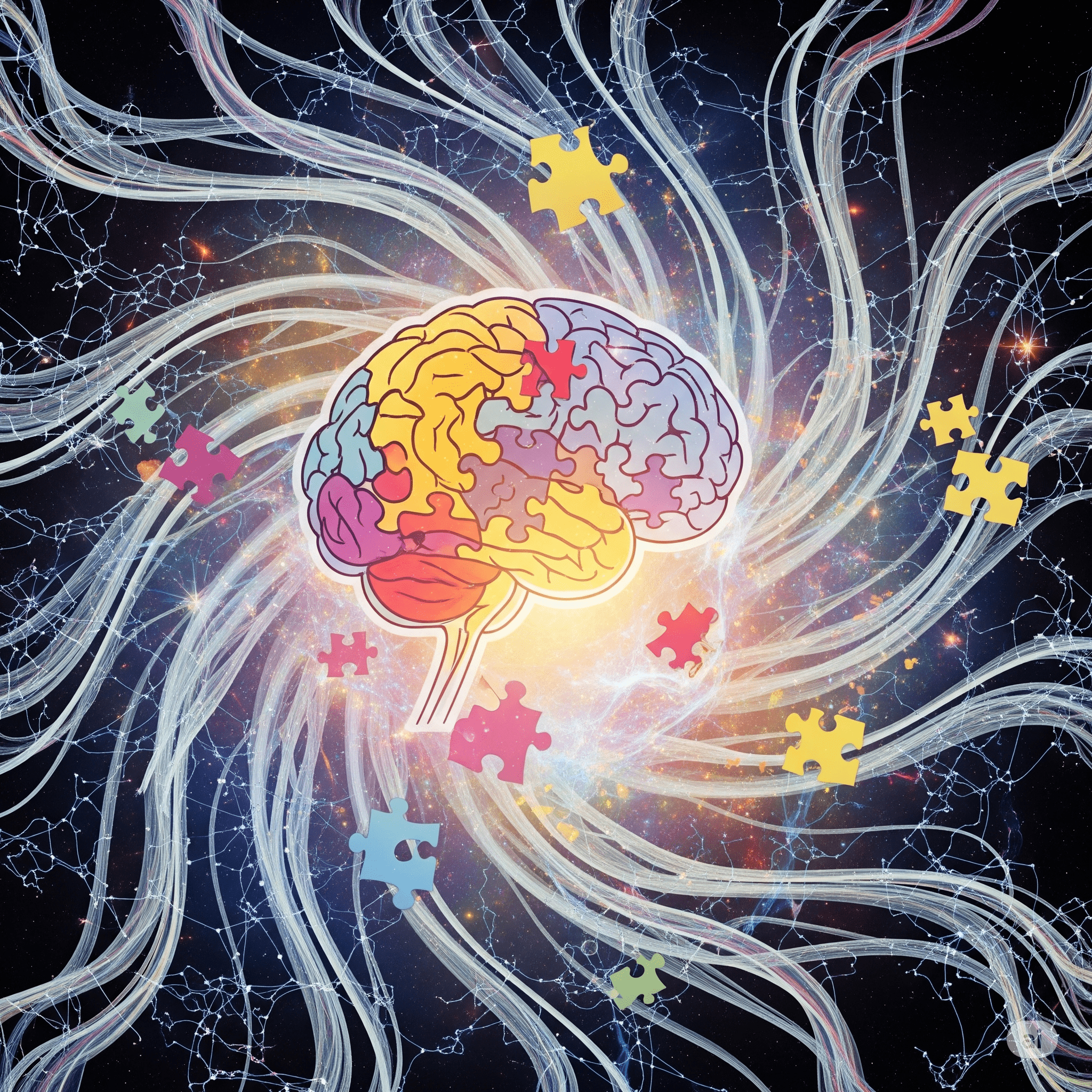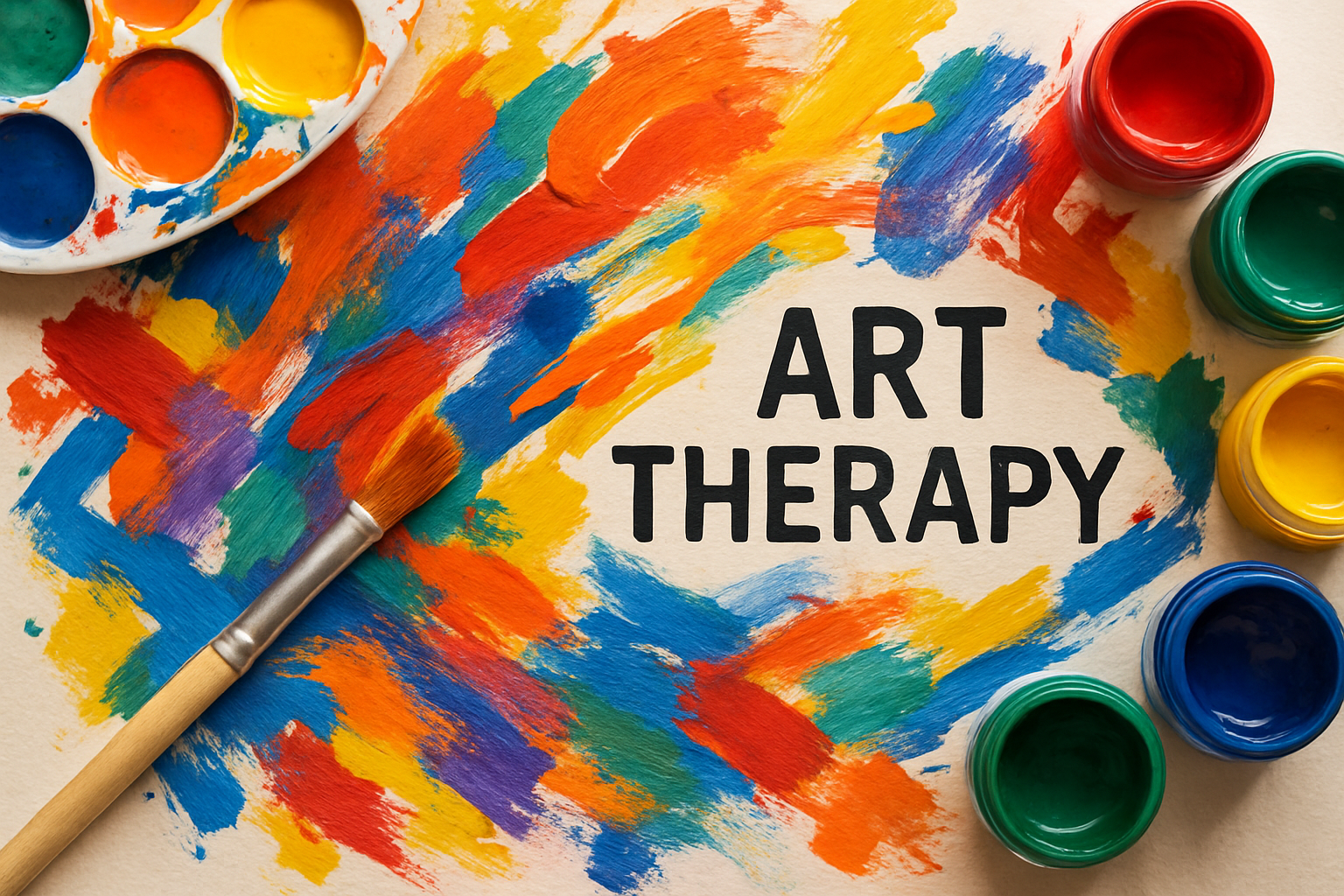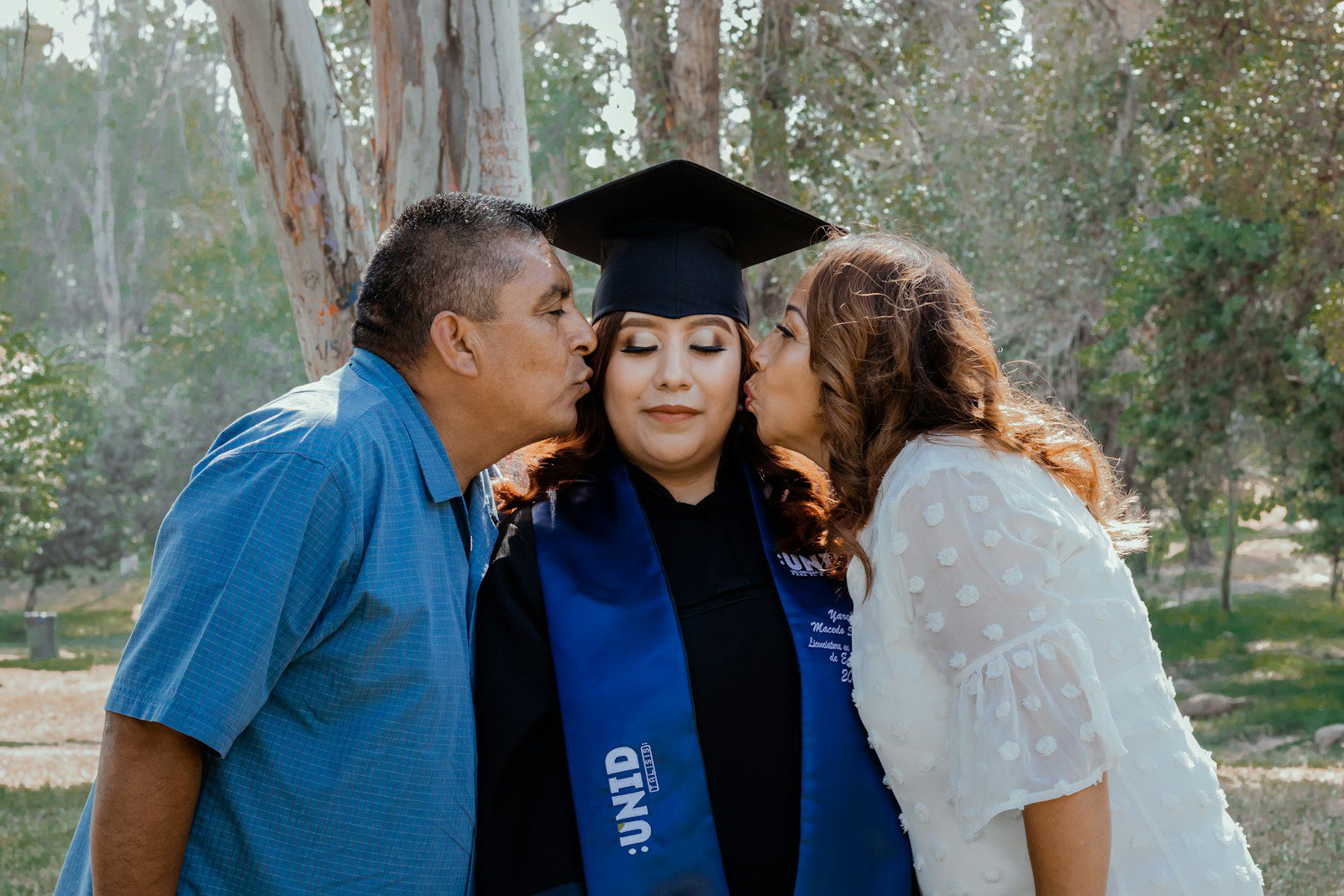How it works
Discover new ways to elevate the quality of your education, work, and life.
I believe in the right to a better quality of life—through balance, self-esteem, growth, and equity.
My work supports personal progress and stands for justice, inclusion, and the rights of all people, especially those who are neurodivergent or marginalized.
Through my international neurodivergent coaching, I build skills and confidence for lasting success.
At the same time, I advocate for civil rights and DEI—because thriving shouldn’t depend on changing who you are, but changing the systems around you.

Academic Therapy (online)
Tailored for ADHD and Autism, my approach builds confidence, strengthens reading, writing, and math skills, and fosters success through customized strategies, executive function support, and hands-on learning.

Group Coaching (online)
The group program brings together individuals with similar goals and challenges, providing a supportive and interactive environment for personal and professional development.

Neurodivergent Workplace Coaching (online)
As a neurodivergent professional, I conduct one-on-one sessions addressing executive function and analytical skills, ensuring a seamless and engaging experience customized to meet your needs.

Parent Coaching (online)
Our coaching sessions are designed to empower individuals with the knowledge, skills, and emotional resilience needed for a smoother transition into this new chapter of life in the Neurodivergent community.
Learn and Grow
Neurodivergent Math video series – coming in 2026 for free
Edie Brown presents the Math for Neurodivergent Learners on YouTube. Targeted videos introduce you to the work of this fantastic professional. With a deep commitment to your development, our episodes will stimulate your brain and prepare you for one of the existing coaching programs.

Reflections from the Newsletter
Discover your calling, Dream Big.
Neurodivergent Coaching transforms your secret dreams into a successful life. My best reward is hearing the success stories of my students, adults, and families who I’ve worked with.

After seeing you for about a year and a half, our son made a miraculous change for the better. He was put in 4 mainstream classes last year and did outstanding, finishing with a 3.0. He is now college bound.
J.W., Parent of student with ADHD

It was inspirational to see you take such a sincere interest in the education of all the children who came in the door.
P.A., Teaching Coach

You always pushed me to do better than I ever thought I could be at everything. Thank you for all your help and for always believing in me. Thanks to you I can see all of my dreams come true.
L,R,. Adult with AuADHD
Research
Follow my thoughts about the driving force that sustains our mission to inspire positive change and growth.
Frequently Asked Questions

How is academic therapy different from tutoring?
Tutoring focuses on helping students with specific subjects, such as improving their math grades. Academic therapy goes deeper by addressing the root causes of learning challenges, such as focus, memory, or problem-solving difficulties.
Duration
Each session is 90 minutes.
Availability
Sessions are held during the school year. Intensive interventions are available in July and August.

How do you involve parents and teachers in the learning process?
Collaboration is key to a student’s success. We work closely with parents and teachers by:
- Providing regular progress updates and sharing strategies.
- Offering tools and tips to support learning at home and in the classroom.
- Encouraging open communication to set shared goals and expectations.







